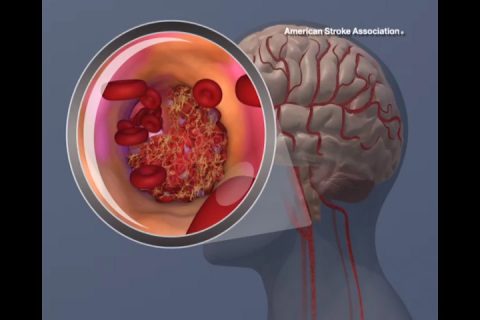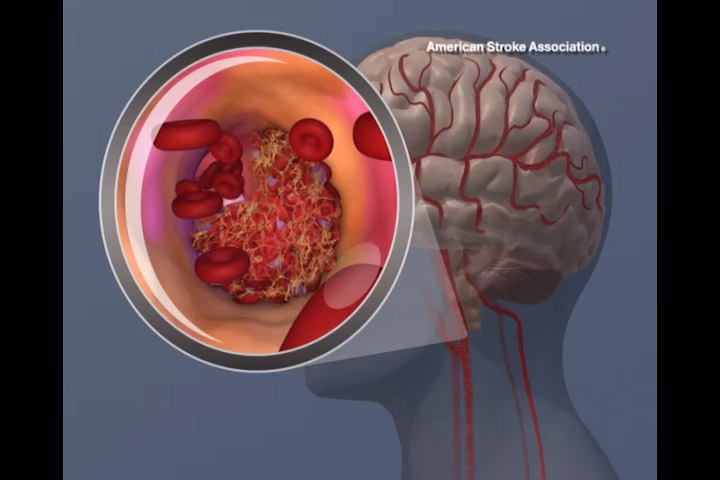American Heart Association Meeting Report
 Portland OR – A stent coated with an erectile dysfunction drug may someday help prevent arteries from becoming narrow or blocked again, according to preliminary research presented at the American Heart Association’s Basic Cardiovascular Sciences 2017 Scientific Sessions.
Portland OR – A stent coated with an erectile dysfunction drug may someday help prevent arteries from becoming narrow or blocked again, according to preliminary research presented at the American Heart Association’s Basic Cardiovascular Sciences 2017 Scientific Sessions.
Stents help keep coronary arteries open and reduce the chance of a heart attack. With traditionally used bare metal stents, excessive tissue growth within the treated portion of the artery can cause restenosis — the artery to become narrow or blocked again.

Stent patients are routinely prescribed aspirin or other anti-platelet medications to help prevent clots.
In this series of studies, the drug sildenafil showed potential in reducing both restenosis and blood clot formation. Sildenafil, sold as the brand name Viagra among others, was originally developed as a medication for treating high blood pressure, and a side effect was the improvement of erectile dysfunction.
Researchers found:
- In laboratory tests, sildenafil reduced clumping of blood platelets by 30 percent;
- In rats, sildenafil increased the activity of an enzyme (protein kinase G, or PKG) that helps prevent the thickening of artery walls when given after injury to an artery, mimicking what might happen after stent placement;
- Activating the PKG pathway is an important part of sildenafil’s action in preventing restenosis because the vessel injury such as stent implantation reduces PKG activity, increasing the thickening of artery walls and increasing the clumping of platelets.
“If similar results are found in clinical trials, sildenafil could be an ideal drug for coating drug-eluting stents or to give orally after stent implantation,” said lead study author Han-Mo Yang, M.D., Ph.D., an associate professor in the division of cardiology at Seoul National University Hospital. The enzyme PKG is highly expressed in arteries as well as in the erectile tissue of the penis, and sildenafil works in both.
“Our study is limited by involving only animals. If clinical trials show that sildenafil reduces restenosis after stent placement, it could be used in the clinical setting right away because the drug is already used in the real world for other purposes,” said Yang.
Co-authors are Sooryeonhwa Jin, B.S.; Sahmin Lee, M.D., Ph.D; and Hyo-Soo Kim, M.D., Ph.D.
Author disclosures are on the abstract.
Additional Resources:
- View an animation of a Stent
- What Is a Stent? (PDF)
- Sexual Activity and Cardiovascular Disease (CVD)
- Follow AHA/ASA news on Twitter @HeartNews#BCVS17



